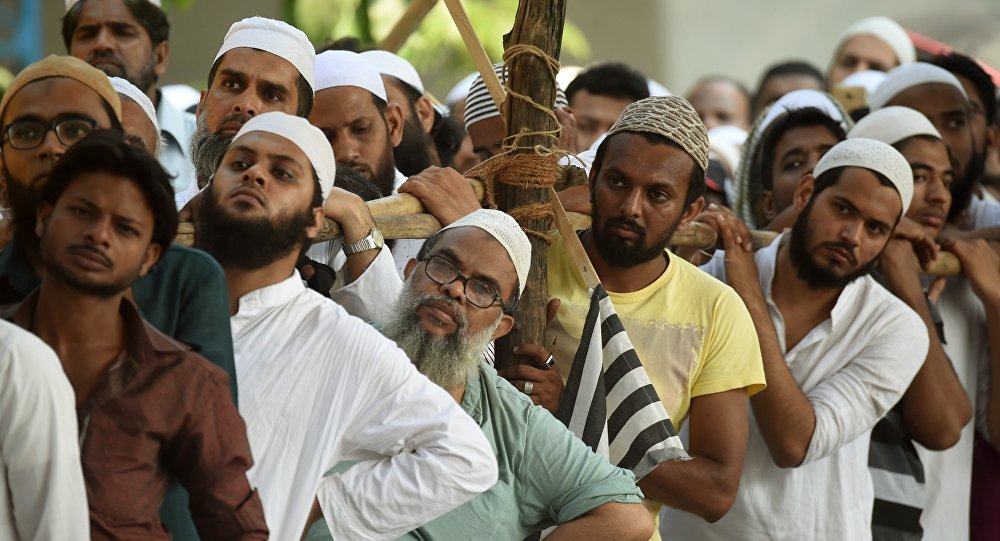
Terrorism, in general, is defined as the use of violence, or a threat of the use of violence, in order to attain certain political, religious and ideological goals. The violence or a threat there off is generally directed towards the general public. Though there is no single accepted definition of terrorism by the United Nations, the presence of violence and the disturbing of peace in society can be easily identified as the typical characteristics of an act of terrorism.
In the process of finding the root cause of terrorism, the government generally ends up blaming it on a particular region or country. This, in turn, has led to the popular belief that the religion of that particular region or country is responsible for the terrorist activities. Which in turn leads to “stereotyping” of the followers of that particular religion as terrorists.
The word ‘stereotyping’ means a fixed or oversimplified image of a particular person or thing, without focussing on details. A typical example of stereotyping was observed after the Pulwama attack in February 2019. After the attacks, there were incidents reported from all over the country, of attacks against Kashmiri people, and many were being branded as anti-nationalist. This is stereotyping which is dangerous and will not lead to any solutions to the problem.
The plight of Kashmiri people after the Pulwama attack was a very specific example of stereotyping. But a very general example is, the stereotyping of Muslims in our society as terrorists. The wearing of a ‘skull cap’, ‘keeping a beard’ and wearing a ‘kurta pyjama’ leads to the typical image of a terrorist in the minds of the general public.
What we need to understand is the fact that there are a small number of people who misinterprets the religious scriptures, use it to brainwash vulnerable youth, and involve them in terrorist activities. We also need to understand that these misinterpretations and brainwashing are present not only in Islam but in other religions also.
For example, historically there are extremist Hindu groups, some of whom have been allegedly involved in the assassination of Mahatma Gandhi. And in the past few years, various Hindu extremist groups were allegedly involved in the murder of Journalist, Gauri Lankesh of Karnataka and Narendra Dhabholkar of Maharashtra among others.
Both of these activists were critical of the Hindu nationalist government in India. Sikhism has also been used by a certain small number of people to spread the concept of the separate Sikh state by using violence, thus creating disturbance in society.
The moral of the story is that no particular religion condones the killing of innocent people, and it is only a small group of people that use religion to fulfil their poisonous dreams.
India is a land of religious freedom with secularism is enshrined in the constitution, which gives people the freedom to practice any religion they want. The lynching of people of one particular community by stereotyping them is not just unconstitutional but inhumane. We, as the youth of this country, need to understand that any one particular religion is not the root cause of terrorism and there are other aspects, like political, economic and social factors that play a role; these need to be understood before reaching a conclusion.
My father is a Muslim, and by the virtue of my birth, so am I. Today, my father doesn’t have a beard, but tomorrow if he has one, he will still be a peace-loving person, and, not a terrorist.